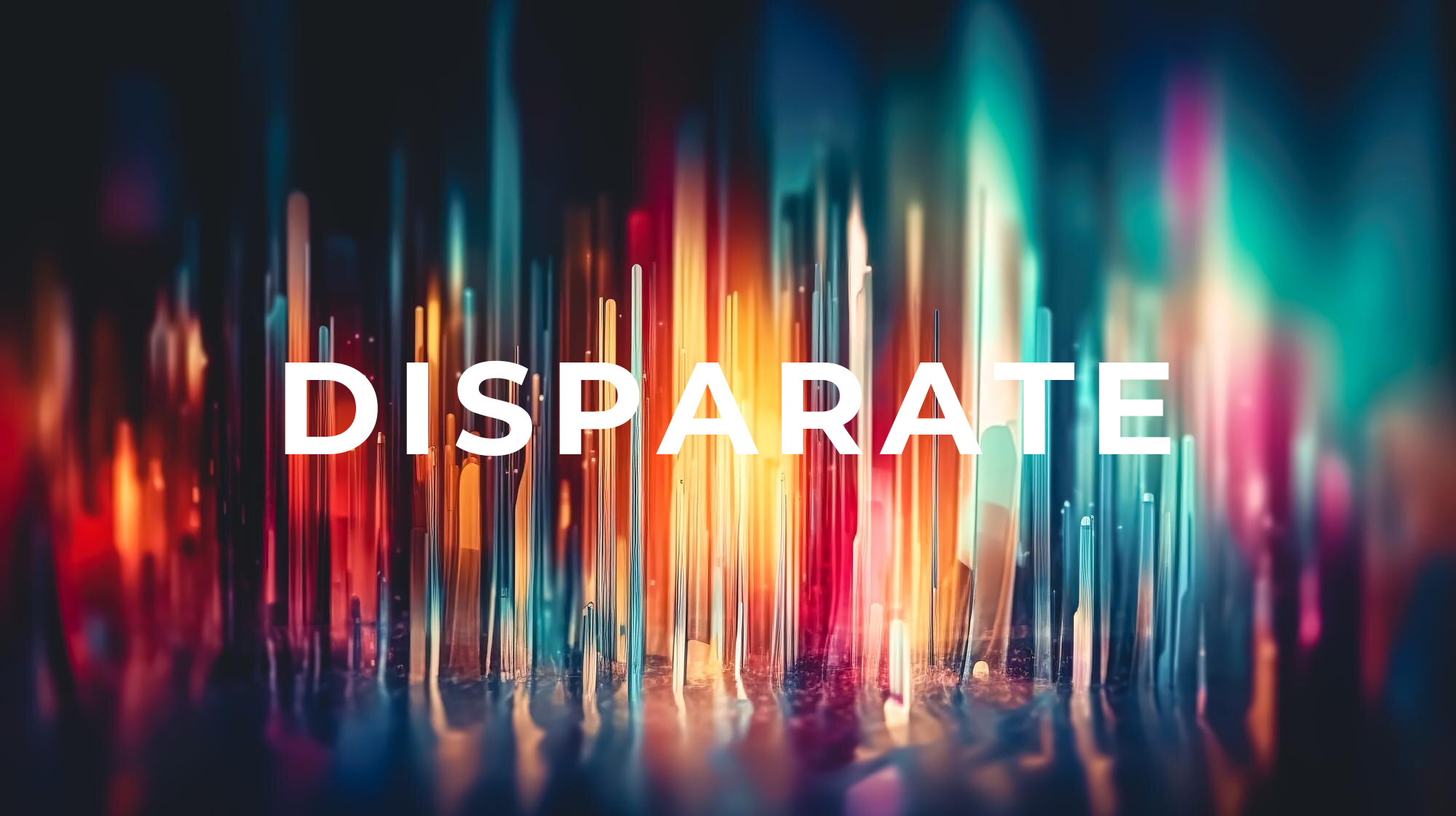
Have you ever noticed the word ‘disparate’ popping up frequently when interacting with ChatGPT? Whether describing varied ideas, distinct elements, or unrelated concepts, this term appears more often than expected. But why does ChatGPT prefer using ‘disparate,’ and are there more accessible alternatives that could make your reading experience smoother? In this guide, we’ll explore why ‘disparate’ is so prevalent and provide some simpler words you can use to make your writing more accessible. Let’s dive in and simplify your reading journey!
Why ChatGPT Frequently Uses ‘Disparate’
When engaging with ChatGPT, you’ll often notice the word ‘disparate’ cropping up. The key reason for its frequent appearance is its effectiveness in bridging complex thoughts. Here are three reasons why it’s commonly used:
Preciseness and ClarityClarityarate efficiently convey the idea of fundamentally different things. According to Dictionary.com, it means “distinct in kind; essentially different.” This term ensures the reader understands that the discussed elements have no fundamental similarity. For instance, saying “disparate viewpoints” clarifies that the opinions go beyond varied but fundamentally dissimilar.
Elegance in Academic and Professional Writing: Vocabulary.com cites using ‘disparate’ to articulate complex ideas or phenomena in a sophisticated manner. This is why you’ll often encounter it in research papers or professional articles. For example, discussing “disparate data sets” adds a touch of formality and precision. Dr. Lisa Feldman Barrett, a renowned psychologist, asserts that words like ‘disparate’ enhance the caliber of academic writing by providing detailed distinctions.
Versatility: The word can be applied in numerous situations—from technology and science to culture and sociology—making it incredibly useful for broad topics. The Cambridge English Dictionary defines it as “different in every way,” emphasizing its applicability across various domains. Whether you’re examining “disparate cultural norms” or “disparate software systems,” the term flexibly adapts to diverse contexts, ensuring clarity in communication.

Source: Freepik
Simpler Alternatives to the Term ‘Disparate’
While ‘disparate’ offers precision, it’s not always the most straightforward word for everyone to grasp immediately. Luckily, several simpler alternatives can communicate the same idea without the extra mental effort. Let’s look into some user-friendly options that can help make your writing more accessible.
Different
A straightforward and commonly understood word, ‘different,’ works well in many situations where you might use ‘disparate.’ It’s an essential term most people can quickly understand, eliminating needing additional explanation.
- Example: Instead of saying “disparate opinions,” you can say “different opinions.”
Words like ‘different’ provide clarity and facilitate immediate comprehension without needing your reader to pause and think.
Unrelated
Similar to ‘disparate,’ ‘unrelated’ conveys the idea of things that are unrelated. It’s a helpful substitute, particularly when discussing elements that do not share a common link.
- Example: Instead of “disparate elements,” try “unrelated elements.”
Using ‘unrelated’ can simplify your message, especially in informal writing.
Diverse
Another easy-to-understand word, ‘diverse’, can express differences. ‘Diverse’ is often used to emphasize the range of distinct characteristics within a group and is a valuable alternative in many contexts.
- Example: Instead of “a disparate range of topics,” you might say “a diverse range of topics.”
‘Diverse’ connotes inclusivity and variety, making it a great choice for social, cultural, and academic discussions.
Varied
This word captures the essence of difference while being very approachable. ‘Varied’ suggests something marked by diversity or difference without the complexity that ‘disparate’ might imply.
- Example: Replace “disparate reactions” with “varied reactions.”
Using ‘varied’ can ensure that your writing remains engaging and easy to read, especially for a general audience.
Expert Opinions
Language experts often advocate for simplicity in communication. According to the Britannica Dictionary, ‘disparate’ means “different from each other.” This basic definition emphasizes that simpler terms like ‘different’ can serve just as well, particularly in more casual or general discussions.
Besides, the Oxford Learner’s Dictionaries defines ‘disparate’ as things “so different from each other that they cannot be compared.” Again, this emphasizes that ‘unrelated’ or ‘different’ might be more suitable for everyday use.
Even the Wiktionary describes ‘disparate’ as something composed of inherently different or distinct elements. When more straightforward language choices are available, it’s often better to use them to ensure broader comprehension.
 Source: Freepik
Source: Freepik
Bottom Line
Understanding why ChatGPT frequently uses ‘disparate’ can provide valuable insights into language details. While ‘disparate’ brings precision and elegance, simpler alternatives like ‘different,’ ‘unrelated,’ ‘diverse,’ and ‘varied’ ensure the message is accessible to everyone. Incorporating more approachable language can make your writing more transparent and engaging for a broader audience. Next time you encounter ‘disparate,’ don’t hesitate to try a more straightforward substitute—you’ll find that effective communication isn’t just for academics; it’s for everyone. Start enhancing your readability today!



